Eating bananas in moderation after meals generally does not lead to weight gain. Bananas have moderate calories and are rich in dietary fiber, which can help increase satiety, but it is important to pay attention to the amount and overall diet. Bananas belong to low to medium glycemic index fruits, with approximately 90 calories per 100 grams of flesh. Its rich dietary fiber can slow down gastric emptying, reduce subsequent appetite, and help with weight control to some extent. Mature bananas have a high sugar content, but a single intake of about 150 grams will not cause excess calories, making them a healthy alternative to desserts after meals. If the daily total calorie intake exceeds the standard, or if one is accustomed to eating a large amount of high sugar fruits immediately after meals, such as eating three or more bananas at a time, it may be converted into fat storage due to sugar accumulation. People with diabetes or insulin resistance need to control their intake more strictly to avoid postprandial blood glucose fluctuation aggravating metabolic burden.
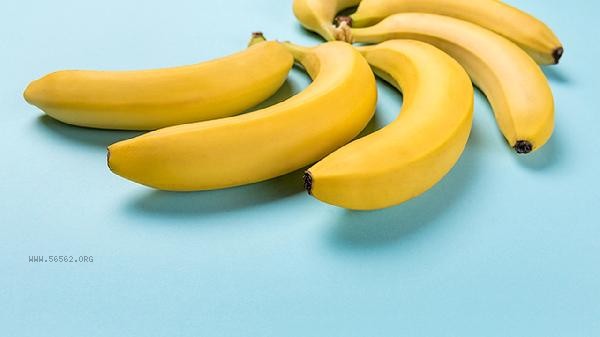
It is recommended to use bananas as an extra meal between meals rather than immediately after meals, and pair them with sugar free yogurt or nuts to balance blood sugar reactions. Maintaining a daily fruit intake within the range of 200-350 grams, combined with moderate exercise, can not only enjoy the nutritional value of bananas but also eliminate the risk of weight gain. People with weak gastrointestinal function should avoid consuming immature bananas on an empty stomach to prevent discomfort caused by tannic acid stimulation.
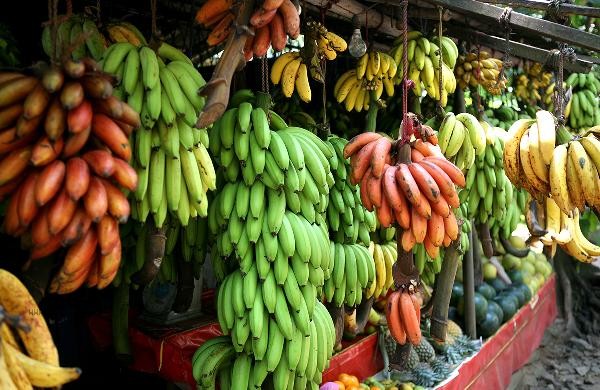
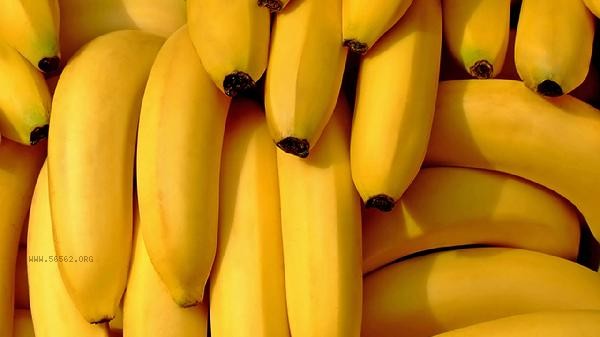

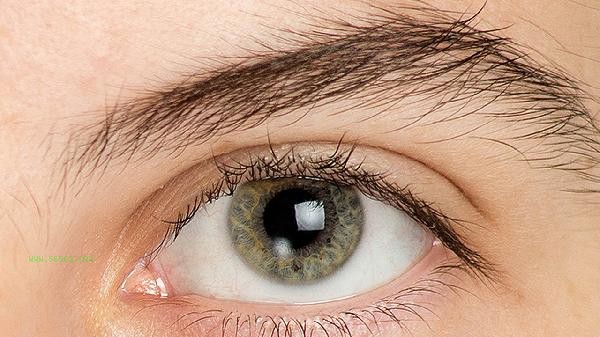

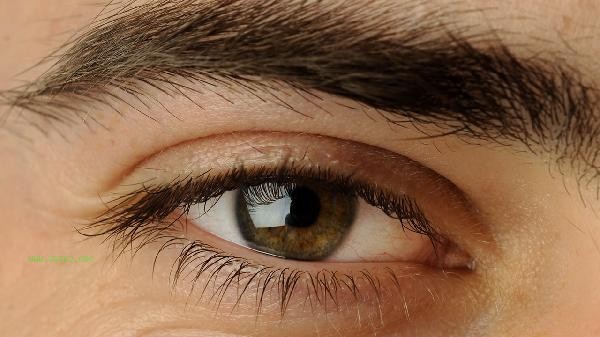
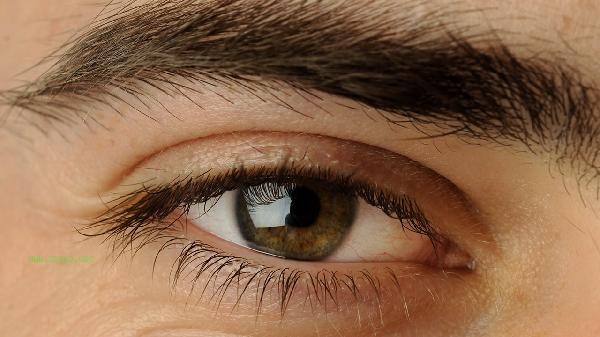



Comments (0)
Leave a Comment
No comments yet
Be the first to share your thoughts!